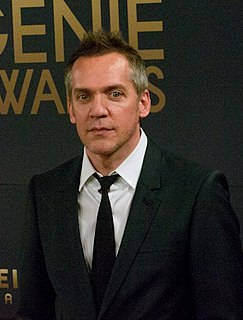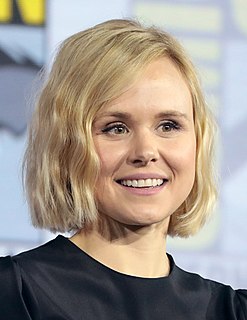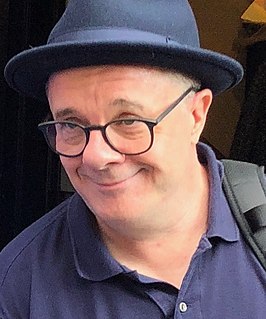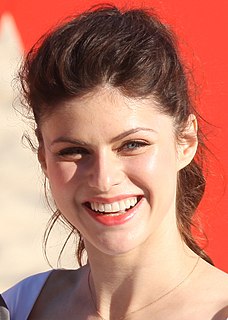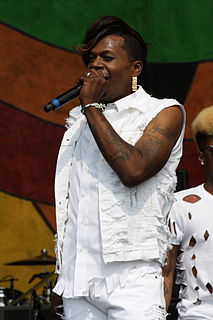A Quote by Jean-Marc Vallee
In a career, when you hit 40 and you've done a lot of this and that, you want to try some new things. I feel like that as a director, too, from one film to the other.
Related Quotes
With Fincher, you can take chances and try things. And what happens is that any pretension and preparation you've done, all the square, intellectual work, you can't keep that up for 40 takes. It breaks down, and new things start popping up. This, for me, is the most exciting thing about film-making.
I learn a lot as a director from acting in other people's films and just in general. I want to try and be as involved in the art of filmmaking as possible. I feel that the only way to really do that is to take on as many roles as possible, whether it be as an actor, an editor, a director, a cinematographer. Basically, I like to help and be involved, so anything anybody asks me to do, my first reaction is to say "Yes."
I do, in some senses, feel that Hollywood and Washington are similar in that, first of all, they are, again, male-dominated worlds, which is not unusual. There are a lot of industries like that, but also, there's a lot of politics when it comes to the ins and outs of getting things done, getting a film made.
This is many, many years ago. It was shortly after "Starman" I think. I don't know how close I was to getting the part. I met with [director] Penny Marshall and that's one that I knew would be a hit. It just felt hit-ish. But it's like you go to a store and you see a jacket and you go "I love that jacket" and you try it on and it's too big or too small for you and it's the only one they have. For some reason that part just didn't fit me.
Sometimes I'll go for something more because of the story, or more because of the director. But, generally, I have to feel like it's something that I have a real sympathy for - a person that I can completely go, "Oh, wow, oh, I'm there." Otherwise I don't feel like I will be able to pull it off at all. I know I haven't done everything very well in the past; some things have worked and some things haven't. But I need to feel like I can feel about the person, understand that person, I suppose.
I don't want to be like the actor who rehearses everything in the bathroom, then comes to the set and carries on completely uninterrupted while the other actors tiptoe away. I'm so dependent on reacting to the other actors on the set, and to the director. I'm very responsive. I react. And I treasure the energy that reaction gives. I feed off that and work off that. I don't like to be too prepared, no. However we define too prepared, if I feel it's getting that way, then I'll back off. My line-learning is very special. I like to learn the dialogue of the whole film before I arrive.
I still feel like there are so many things that I have to do to really become an icon. I've done a lot and laid down a lot of groundwork, but there's so much more work to be done. There's a lot more that I want to do, LGBTQ centers that I want to open. After I leave my legacy, then I will be that icon.
